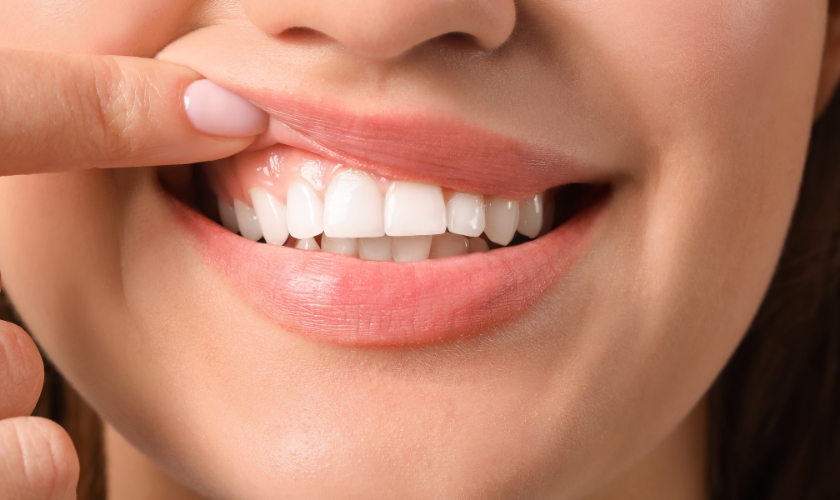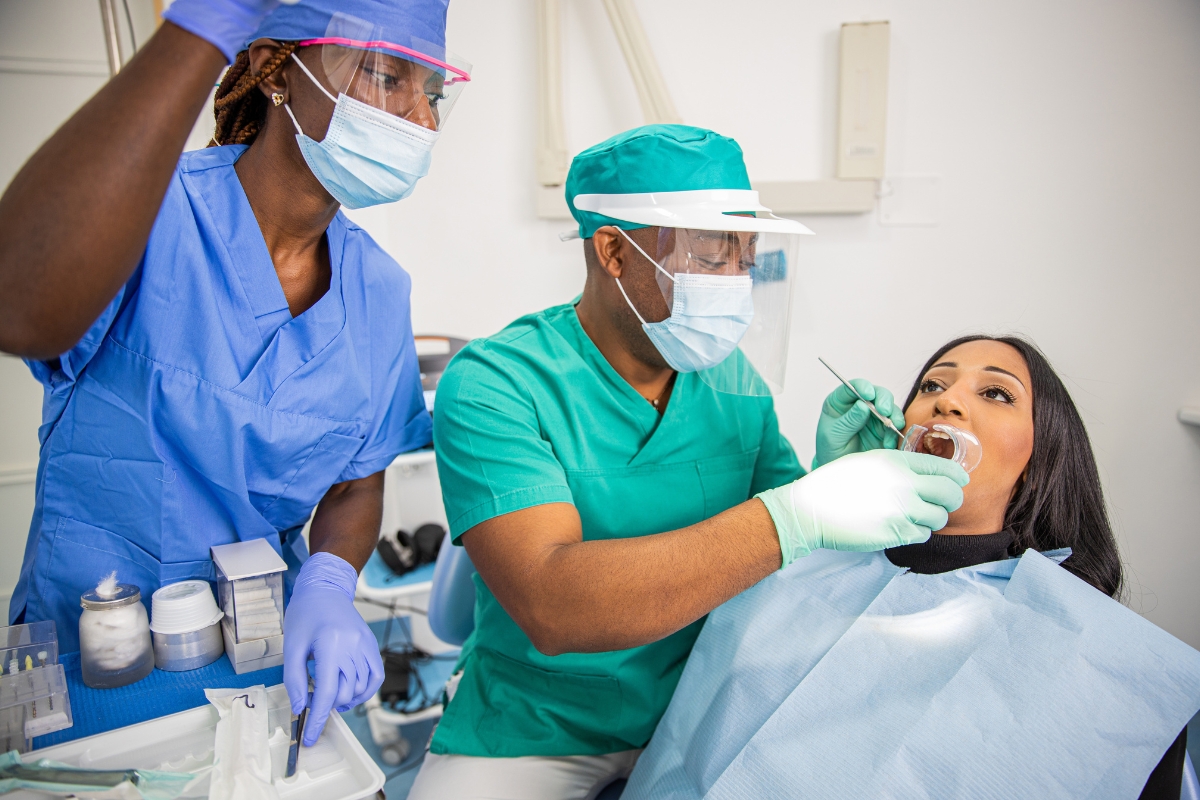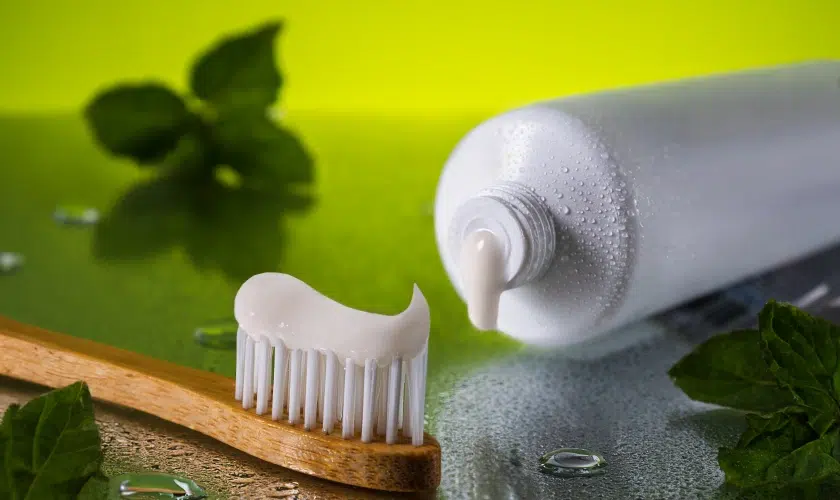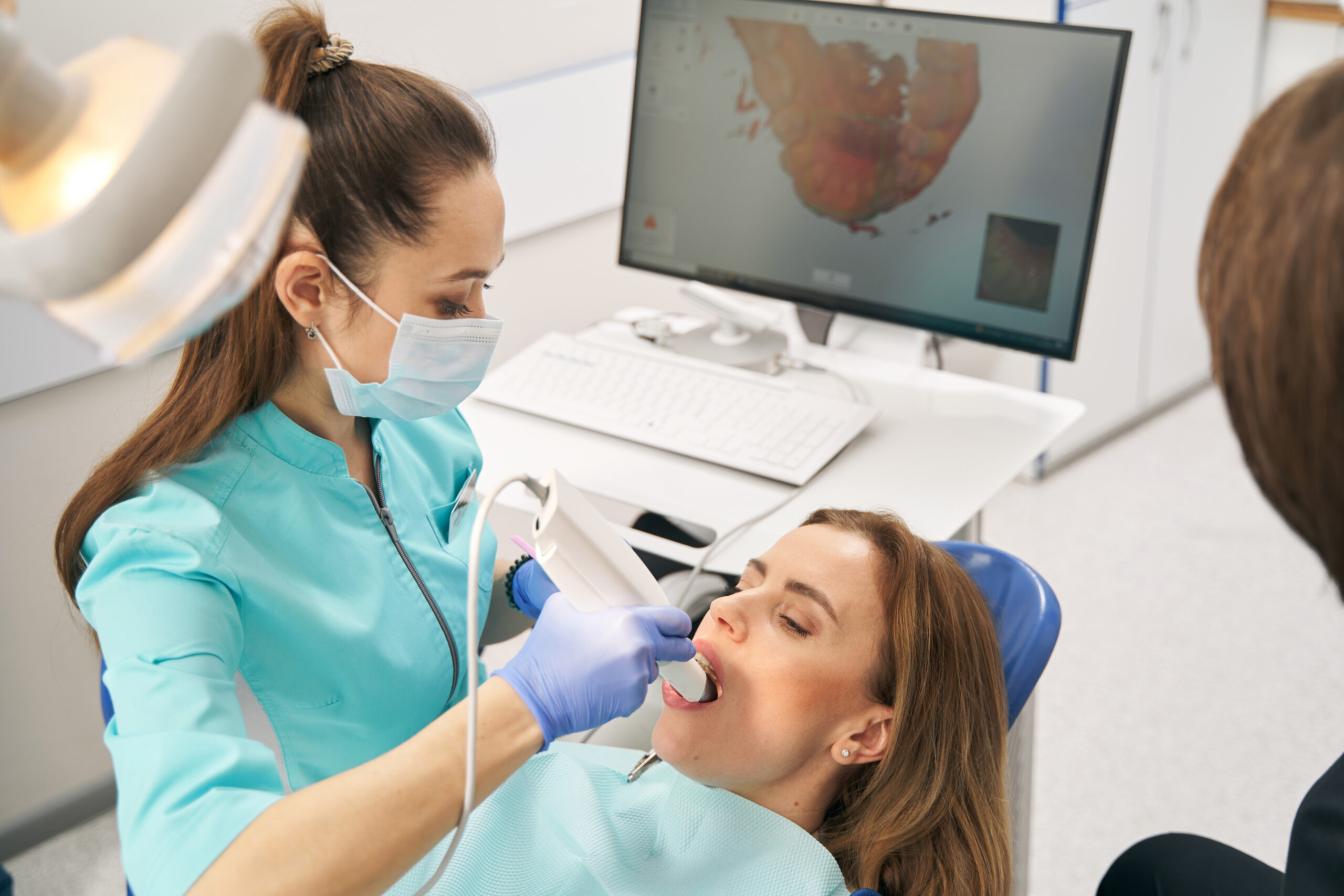Caring for Your Gums After Dental Implant Surgery

Dental implants have revolutionized the way we approach tooth replacement. They offer a durable, natural-looking solution for missing teeth. However, the road to recovery following implant surgery requires careful attention, particularly to your gums. Proper post-surgery care is essential to ensure the success of the implants and to promote healing.
Understanding the Role of Gums in Implant Success
The gums play a crucial role in the stability and longevity of dental implants. Healthy gum tissue provides the foundation for implants, ensuring they integrate properly with the jawbone. If the gums are compromised, it can lead to issues such as infection or implant failure. After surgery, your body needs time to heal, and understanding how to care for your gums can make a significant difference.
Gum tissue is sensitive and can be vulnerable following any surgical procedure. The area around the implant may experience swelling, discomfort, and minor bleeding. These symptoms are typical, but with the right care, they can be minimized. Focusing on your oral hygiene and following your dentist’s post-operative instructions will help your gums recover effectively.
Immediate Post-Surgery Care
Right after your dental implant surgery, you’ll want to take immediate steps to promote healing. The first few days are critical. Your dentist will likely provide you with specific instructions, but here are some general guidelines to follow:
- Rest and Relax: Allow your body to recuperate. Avoid strenuous activities that could disrupt the healing process.
- Ice Packs: Applying ice packs to your cheeks can help reduce swelling. Make sure to alternate between 15 minutes on and 15 minutes off.
- Pain Management: Over-the-counter pain relievers can be beneficial. Always follow your dentist’s recommendations regarding medication.
- Diet: Stick to soft foods for the first few days. Foods like yogurt, smoothies, and mashed potatoes are excellent choices. Avoid hot, spicy, or hard foods that could irritate your gums.
Maintaining Oral Hygiene
Maintaining proper oral hygiene is crucial after surgery. You may be worried about brushing around the implant area, but neglecting it can lead to complications. Here’s how to keep your mouth clean without disturbing the surgical site:
- Gentle Brushing: Use a soft-bristled toothbrush and avoid the implant area for the first 48 hours. After that, gently brush around the area to keep it clean.
- Rinse with Salt Water: After the first day, you can start rinsing your mouth with a warm saltwater solution. This helps to keep the area clean and reduces the risk of infection. Mix about a teaspoon of salt in a cup of warm water and gently swish it around your mouth.
- Avoid Mouthwash: For the first few days, avoid alcohol-based mouthwashes, as they can irritate your gums.
Recognizing Signs of Complications
While post-surgery discomfort is normal, it’s essential to know the signs that something may be wrong. If you experience any of the following symptoms, contact your dentist immediately:
- Severe Pain: If the pain increases significantly after the first few days, it may indicate an issue.
- Excessive Bleeding: Some bleeding is expected, but if it continues or is heavy, seek professional advice.
- Pus or Foul Odor: Signs of infection can include pus around the implant site or a bad smell in your mouth.
- Persistent Swelling: Swelling should gradually decrease. If it worsens or remains severe, consult your dentist.
Dietary Choices for Healing
Your diet significantly influences your healing process. After dental implant surgery, it’s essential to nourish your body with the right foods. Here are some suggestions to consider:
- Hydration: Drink plenty of water. Staying hydrated helps your body heal and flushes out toxins.
- Nutrient-rich foods: Focus on foods high in vitamins and minerals. Leafy greens, soft fruits, and proteins like fish or eggs promote healing.
- Avoid Hard or Crunchy Foods: Foods that require a lot of chewing can irritate your gums and should be avoided during recovery.
Follow-Up Appointments
After your surgery, follow-up visits with your dentist are vital. These appointments allow your dentist to monitor your healing and the integration of the implant with your jawbone. Regular check-ups ensure that everything is progressing well and allow your dentist to address any concerns you may have.
During these visits, your dentist will evaluate the health of your gums and the status of your dental implants. They may also perform a professional cleaning to help maintain the area around the implants, preventing plaque buildup and promoting healing.
Long-Term Care for Your Gums and Implants
Once you fully recover from the surgery, maintaining your dental implants and gum health becomes an ongoing commitment. Here are essential tips for long-term care:
- Regular Dental Visits: Keep up with routine check-ups and cleanings. Your dentist can monitor your gum health and ensure your implants remain secure.
- Good Oral Hygiene: Continue to practice good oral hygiene at home. Brush twice a day, floss regularly, and use an antibacterial mouthwash to reduce plaque buildup.
- Healthy Lifestyle Choices: Avoid smoking and excessive alcohol consumption. These habits can negatively impact gum health and increase the risk of implant failure.
- Watch for Changes: Be vigilant about any changes in your gums or implants. If you notice swelling, pain, or any unusual symptoms, contact your dentist right away.
Focusing on your gum health after dental implant surgery is crucial for ensuring the longevity of your implants. Engaging with your dentist and adhering to their guidelines will empower you to achieve the best results. Dental implants can transform your smile and enhance your quality of life. By investing in proper care and attention to your gums, you’re setting yourself up for a successful recovery. If you have any questions about your recovery or care regimen, don’t hesitate to reach out to your Tustin dentist for personalized advice.



